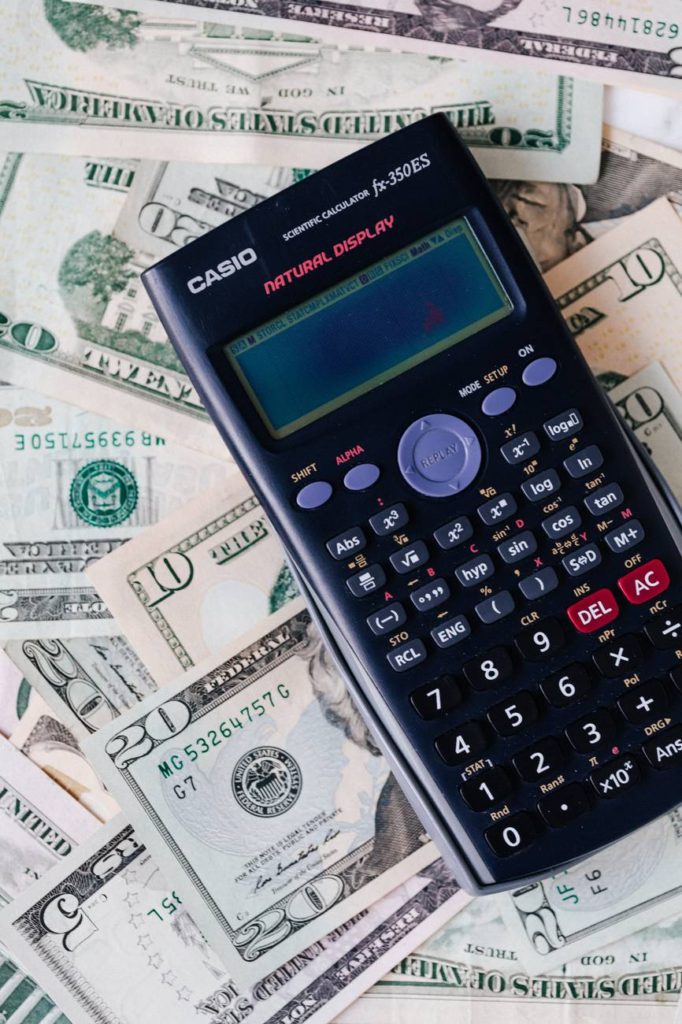Signing up for your first bank account can be an exciting part of becoming a financially responsible adult. Unfortunately, many teens are not prepared for the responsibility that comes with managing a checking and savings account. As a result, they end up in greater financial difficulty than they would have been in without having one.
For many young people, the excitement of opening a bank account is all about the ease of accessing their money. But there’s a lot more that’s required to be able to benefit from the money you have earned. Knowing and understanding key banking terms is a first step in understanding and successfully managing your accounts.

Checking & Savings Accounts
A checking account is where you can deposit money and withdraw money that you have deposited in a banking institution, such as a bank or credit union. You may choose to use your checking account to get your paycheck through direct deposit from your employer. Some people use their account to pay their bills. Regularly review your checking account to verify the balance and to make sure there are no errors.
A savings account is a basic type of financial product found at banks and credit unions. A savings account might be used to hold money for a short time to pay for upcoming expenses. Or you might want to save money for a longer period to pay for a particular goal, or for emergencies.
You can add money to your savings account at any time, but check with your financial institution to see how often you can withdraw your money. Some banks have limits on the number of withdrawals per month. The good news is that savings accounts are insured by the federal government for up to $250,000. A savings account can be a safe place to put your money while earning interest.
Other Banking Terms To Know
When you add money to an account either by cash, a check or electronically (such as from your paycheck), you make a deposit. Some banks restrict the types of deposits you can make into your account.
When you take money out of your account (checking or savings) you are making a withdrawal. Withdrawals can occur when someone you write a check to cashes it. Or it may happen when you make a purchase online. At most banks, a withdrawal is effective immediately. So you need to be careful that you don’t try to spend money that you’ve used for something else. If you do, your bank may charge you a fee.
The account balance is the money that is in a checking or savings account. This is the amount of money you have available to spend. But remember that your balance may not take into account recent purchases you’ve made. Some online purchases may not show up in your account for a period of time…sometimes for days.
Once you have a checking account, your bank will probably issue you a debit card. A debit card allows you to pay for things using money that is already in your checking account. You may be able to use your debit card for free. Other times you will need to pay a fee when you use the card.
Debit, Credit, & Prepaid Cards

Be careful not to confuse a debit card for a credit card even though they look the alike. A credit card allows you to use borrowed money that you need to pay back. A debit card allows you to use money already in your checking account. And remember to review your checking account often to make sure you have enough money before using your debit card.
Another type of card you can use to buy things with is a prepaid debit card that comes with an amount of money loaded onto it. Your bank may not be issue these types of cards. You can usually get them at many stores and even online. A lot of prepaid cards have the Visa or MasterCard logo, so they also look like a credit card.
Responsible Banking is Your Responsibility
Understanding basic banking terms is the first step in responsibly and wisely managing your money once you open a checking and/or savings account. Additional research will also help you understand other banking related terms. The more you know and understand, the better you will succeed in successfully managing your financial assets.


